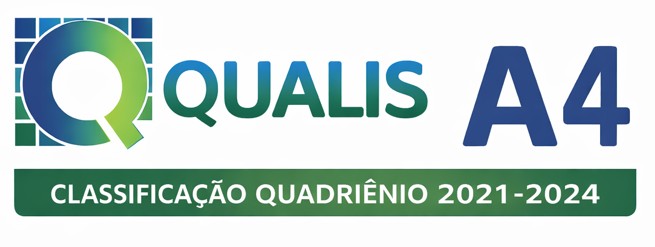Um sonho do passado e uma utopia do futuro: os percursos históricos da Educação Popular Brasileira
Palavras-chave:
Educação PopularResumo
A Educação Popular no Brasil é marcada por vários momentos que estão imbricados no tempo e na história de nosso país, momentos esses que remontam tempos anteriores à década de 1960. Neste bojo de desejos, sentimentos e mudanças sociais, começam a serem articulados os Movimentos de Cultura Popular brasileiros, a Educação Popular nasce como um movimento que não estava inserido no contexto escolar da época, mas sim, era gestado no seio de organizações populares. O desfecho dessa investigação é remontar os percursos históricos da história da Educação Popular no Brasil, narrando proposições antecedentes e também posteriores à sua criação e disseminação pelos movimentos populares brasileiros, passando por momentos dolorosos no Brasil como o Golpe da Ditadura Militar de 1964, o AI-5, a feitura da Pedagogia do Oprimido e da Teoria da Ação Revolucionária e Teoria da Relação Opressora, alguns percursos de Paulo Freire e família no exílio e sua volta ao Brasil, a filiação de Freire ao Partido dos Trabalhadores (PT), assim como em sua nomeação como Secretário Municipal de Educação da cidade de São Paulo/SP, a conquista de vários direitos sociais ao povo brasileiro na gestão do PT e a criação e desenvolvimento do último documento de relevância Nacional sobre Educação Popular e Políticas Públicas no Brasil, que foi o Marco de Referência da Educação Popular para as Políticas Públicas no ainda governo da Presidenta Dilma Rousseff, antes do golpe sofrido no ano de 2016.
Palavras Chave: Educação Popular. Movimentos de Cultura Popular. Ditadura Militar. AI-5. Paulo Freire. História da Educação Popular.
A dream of the past and a utopia of the future: The historical paths of brazilian popular education
Abstract: Popular Education in Brazil is marked by several moments that are imbricated in the time and history of our country, moments that date back to times before the 1960s. In this context of desires, feelings, and social changes, the Brazilian Popular Culture Movements begin to be articulated. Popular Education was born as a movement that was not inserted in the school context at the time, but rather, it was conceived within popular organizations. The purpose of this investigation is to retrace the historical paths of Popular Education in Brazil, narrating propositions before and after its creation and dissemination by Brazilian popular movements, going through painful moments in Brazil such as the military dictatorship of 1964, the AI-5, the making of the Pedagogy of the Oppressed and the Theory of Revolutionary Action and the Theory of the Oppressor Relationship, some of Paulo Freire’s and his family’s journeys into exile and his return to Brazil, Freire’s affiliation to the Workers’ Party (PT), as well as in Freire’s appointment as Municipal Secretary of Education of the city of São Paulo/SP, the achievement of several social rights to the Brazilian people in the PT administration, and the creation and development of the last document of National relevance on Popular Education and Public Policies in Brazil, which was the Framework of Popular Education for Public Policies in the still government of President Dilma Rousseff, before the coup suffered in the year 2016.
Keywords: Popular Education. Popular Culture Movements. Military Dictatorship. AI-5. Paulo Freire. History of Popular Education.










